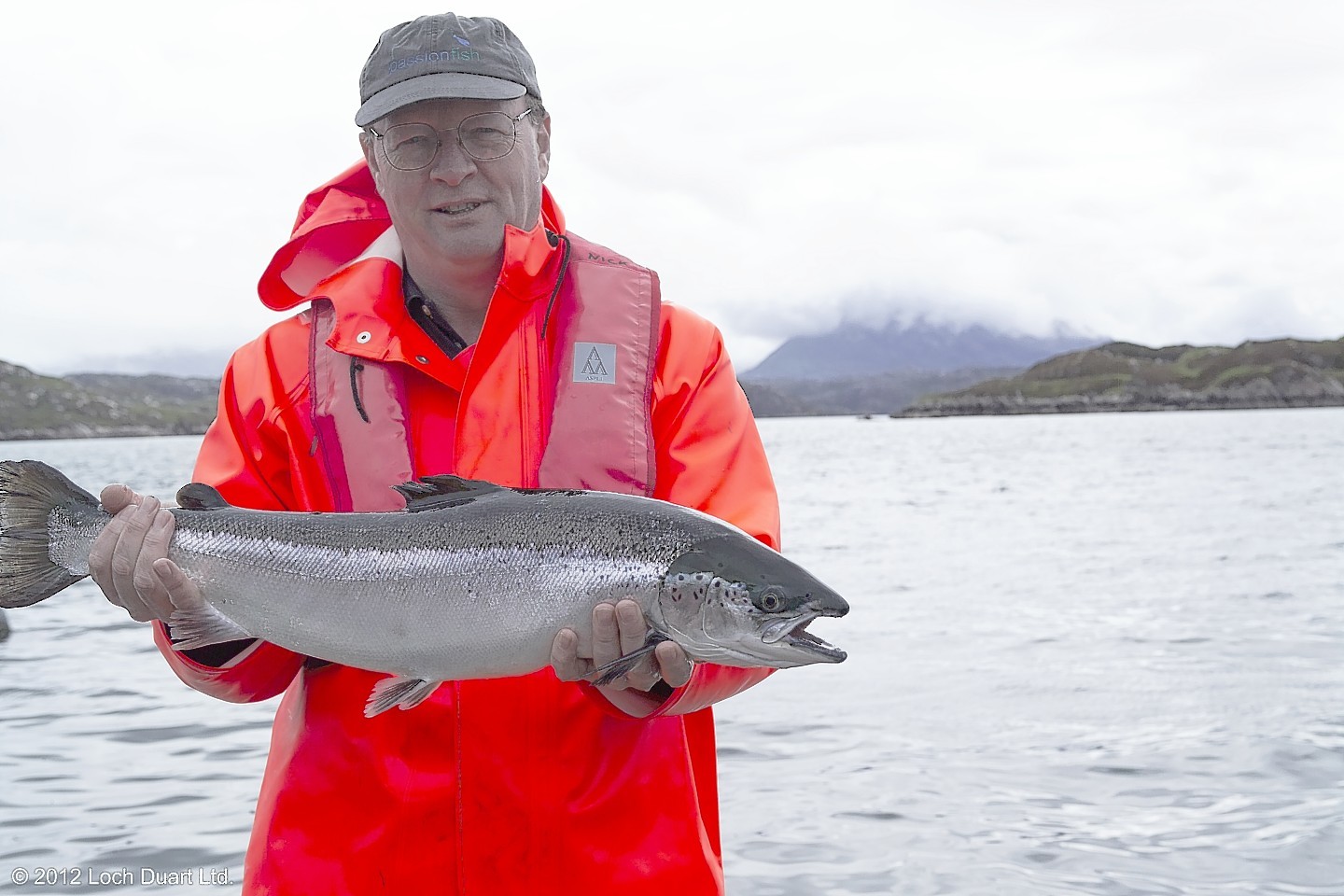The boss of Sutherland-based salmon farmer Loch Duart has stepped down from the managing director’s role after 15 years at the helm.
While Nick Joy hopes to have more time to devote to “beating the drum” for ethical food production, he said yesterday he was also settling in to his new role as a “normal director” at Scourie-based Loch Duart.
He announced his intention to give up the MD’s job some months ago, citing reasons including health, family life and his wish to pursue other opportunities.
As one of three founding directors of Loch Duart, he has led the business through its transformation from a company turning over £3.5million a year to one with annual sales of around £24million.
The two other founders include deputy managing director Alan Balfour, who is currently interim MD while the company seeks a successor to Mr Joy, and sales director Andy Bing.
Queen’s Award-winning Loch Duart employs about 100 people at sites in the Hebrides and Sutherland, producing about 5,000 tonnes of farmed salmon every year.
It owns Loch Duart Artisan Smokehouse on South Uist, having acquired the business in 2008.
The three founders have a significant shareholding in the company but not a majority stake, Mr Joy said yesterday.
In late 2012, Loch Duart said a £4million funding boost from the Scottish Investment Bank (SIB) and Capricorn Investment Group – a new partner in the SIB-run Scottish Venture Fund – would help it to take advantage of opportunities abroad.
Private-equity investor Capricorn had acquired an undisclosed stake in the business back in 2008.
Loch Duart’s fish is sold to leading restaurants and retailers at home and abroad.
Its salmon was on the wedding day menu at Buckingham Palace when the Earl and Countess of Strathearn – Prince William and Kate – tied the knot.
The fish earned Loch Duart two of the prizes up for grabs at the prestigious Seafood Prix d’Elite competition later the same year.
It has also been used for university research into the health benefits of eating salmon.
Last year, the company struck a deal to sell fish guts to make a food supplement for use in the battle against global starvation.
But 2014 ended disappointingly after shoals of small jellyfish the size of gooseberries caused the death of 300,000 of its young salmon on North Uist.
They were small enough to pass through salmon farm nets and sting the fish.
